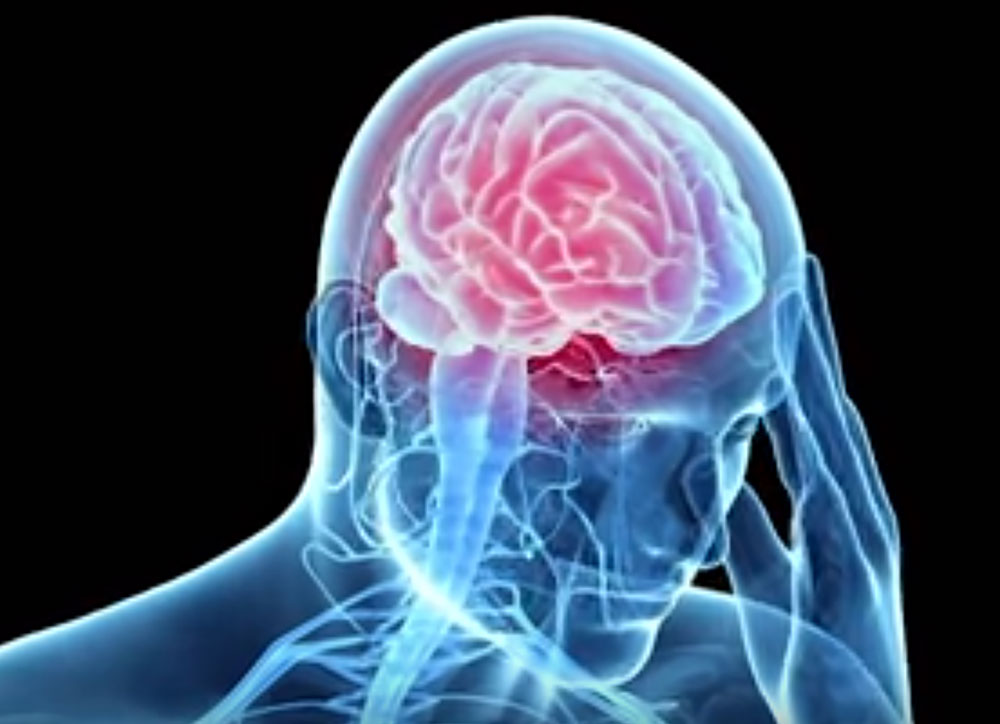Traumatic Brain Injury Recovery
Traumatic brain injuries (TBI) can be very dangerous, which is why understanding traumatic brain injury recovery can be important to having the best outcomes after your injury. It’s important that you get diagnosed as soon as possible so that you can begin the TBI treatment plan to help you recovery faster from your injury. By reading on, you can learn how traumatic brain injuries are diagnosed, how they are treated, and a close look at traumatic brain injury rehabilitation.
TBI Diagnosis
It’s essential that you get medical treatment as soon as you think that you may have a TBI. TBIs can worsen significantly very quickly if you don’t get treatment right away. There are some steps that are taken to diagnose this condition. One is the Glasgow Coma Scale, which is a 15-point test that helps the medical professional assess the severity initially of the injury. This is done by assessing the person’s ability to follow their instructions and if they can move their limbs and eyes properly. They will also look at how coherent the speech is in the patient. A higher score on this scale means the injury is less severe.
The doctor will then ask a series of questions to also get a look at how severe the injury is. This includes how the injury happened and if the patient loss consciousness and for how long.
Medical professionals will also make use of imaging tests and an intracranial pressure monitor to help diagnose you. Generally, they will just stick with using an MRI (magnetic resonance imaging) or a CT (computerized tomography) scan. The CT scan is done first to see any potential issues. If the injury doesn’t improve over time or gets worse, they will move onto an MRI or intracranial pressure monitor.
TBI Treatments
Treatments will depend on the severity of the injury. For a mild TBI, there may not be any treatment required. They will just need pain relievers for their headache and will need to follow up with doctors to monitor the condition. They will say when you can return to your various regular activities.
There are also medications that may be used for more severe injuries, including:
- Anti-seizure medicines
- Coma-inducing drugs (if in the hospital and a severe case)
- Diuretics
You may also require surgeries, such as:
- Removing hematomas (clotted blood)
- Repairing any fractures of the skull
- Stop the bleeding in the brain
- Relieving pressure by opening the skull until the swelling goes down.
TBI Rehabilitation
If someone has a serious TBI, they will need to go through rehabilitation. In some cases, they may need to relearn some of those basic skills that you take for granted, such as talking or walking. Rehabilitation can improve a patient’s ability to perform regular activities, even if it’s in a new way. The rehab will take place at the hospital during your stay, at a specialized residential facility, or through outpatient services. The length of the rehab will depend on the severity of your injuries.
Conclusion
Traumatic brain injuries can be devastating, especially when you don’t get treatment right away. If you suspect a problem or had a severe accident that might have injured your brain, seeking medical help as soon as possible is crucial.


Comments are closed.